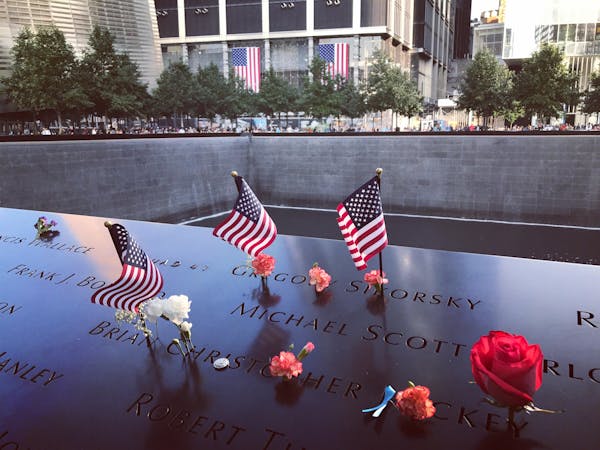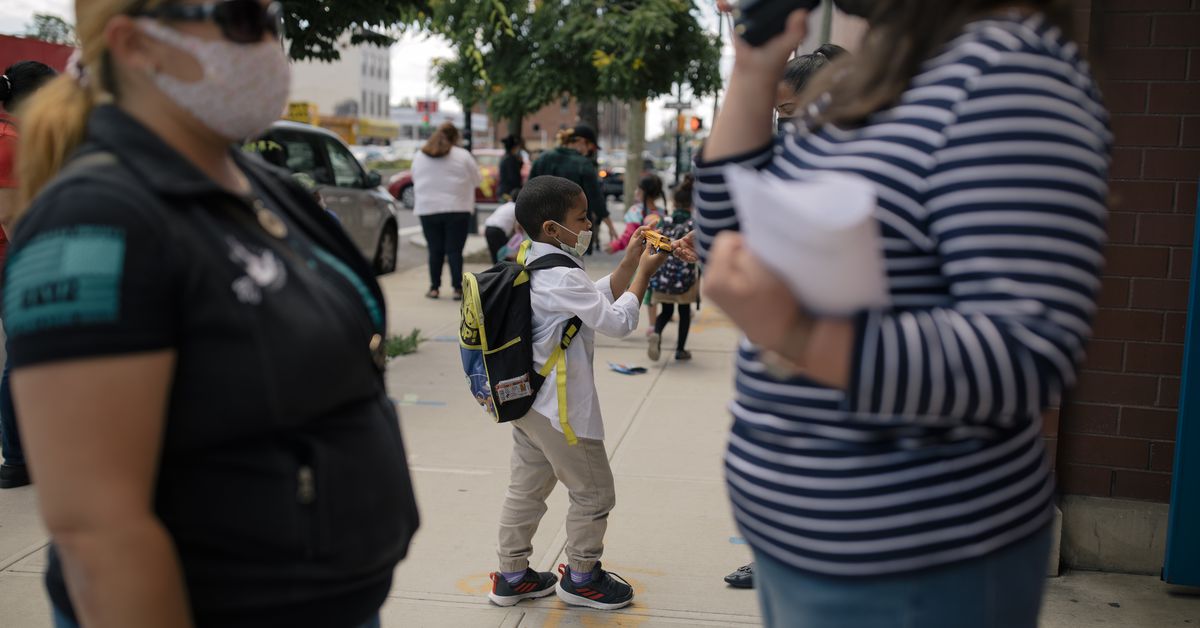Florida Supreme Court draws fire over rule on continuing lawyer education
TALLAHASSEE — Attorneys, professional organizations and legal experts are lashing out at the Florida Supreme Court for a rule that is shaking up lawyers’ ability to receive credit for continuing education courses required to keep practicing.
The controversial rule — issued by the court in April — prohibits The Florida Bar from approving continuing education courses offered by any sponsor “that uses quotas based on race, ethnicity, gender, religion, national origin, disability or sexual orientation in the selection of faculty or participants.”
The court’s decision came in response to a move by The Florida Bar’s Business Law Section, which had adopted a policy regulating composition of faculty at section-sponsored continuing legal education programs.
The Bar section’s policy “imposes quotas” requiring a minimum number of “diverse” faculty, defining diversity in terms of membership in “groups based upon race, ethnicity, gender, sexual orientation, gender identity, disability, and multiculturalism,” the court’s April 15 order said.
The section’s diversity requirement was similar to one endorsed by the American Bar Association in 2016, which means the Supreme Court’s order has also jeopardized Florida lawyers’ participation in ABA continuing education courses.
The court “understands the objectives underlying the policy at issue here,” said the order by Chief Justice Charles Canady and Justices Ricky Polston, Carlos Muñiz, Jamie Grosshans, John Couriel and Alan Lawson.
“Nonetheless, certain means are out of bounds. Quotas based on characteristics like the ones in this policy are antithetical to basic American principles of nondiscrimination,” the order said. “It is essential that The Florida Bar withhold its approval from continuing legal education programs that are tainted by such discrimination.”
In a dissenting opinion, Justice Jorge Labarga said the rule was unnecessary and “that a simple letter directed to the Business Law Section, communicating that such action may be in violation of U.S. Supreme Court precedent, would have sufficed.”
The court’s April order went into effect immediately but gave people until June 29 to submit comments. Last month, the court extended the deadline to July 15.
All but one of the nearly two-dozen submissions on the issue as of this week complained that the rule would have an adverse effect on lawyers, including those who pay annual American Bar Association fees to take advantage of free- or reduced-cost continuing education courses offered by the organization.
“That is manifestly punitive and will cause unnecessary hardship and inconvenience to Florida lawyers,” attorney Andrew Berman wrote on June 17.
Many of the American Bar Association-sponsored programs “are one of a kind or focus on highly specialized topics and issues,” the Miami attorney said.
“There are no Florida equivalents. The ABA network is also an important tool for business development. The interactions with lawyers and experts from around the country is invaluable both professionally and personally,” he wrote.
Critics also chided the court for issuing the new rule on its own, a legal procedure known as “sua sponte,” before hearing from the legal community.
The court’s action “rejects the time tested, honed over centuries, ‘adversarial’ process with input from the spectrum of perspectives before issuing a ruling,” wrote Michael Gelfand, a West Palm Beach lawyer who served as chairman of The Florida Bar’s Professional Ethics Committee.
“Unfortunately, the message received by many is that the court does not value diversity, and by acting sua sponte the court desires to reinforce that message,” he added. “By addressing CLE (continuing legal education) providers when no issue was raised, no petitions joining an issue, no opposing parties, the court can appear to be going out of its way to enter one of the nation’s partisan debates, seeking to take the lead to discredit the American Bar Association’s diversity efforts. This raises the danger of injecting the Florida Supreme Court and its justices into a political issue.”
Many of the comments also contradicted the Florida justices’ use of U.S. Supreme Court decisions establishing that school admission quotas are unconstitutional to bolster a ban on quotas related to continuing education courses.
The Florida court’s reliance on the admissions quota decisions “is misplaced, and its interpretation that having diversity on panels constitutes ‘quotas’ is inaccurate,” National Bar Association President Tricia “C.K.” Hoffler wrote on June 23.
The association — which Hoffler billed as “the nation’s largest network of predominantly African American attorneys and judges” — was established in 1925, in large part because of African American lawyers’ exclusion from the American Bar Association, Hoffler said.
The Florida court’s diversity ban comes after a year in which the nation was roiled by protests calling attention to racial inequities in policing and other aspects of American society. The racial reckoning was sparked by the death of George Floyd, a Black Minneapolis man who died in May 2020 after a white police officer knelt on his neck for more than nine minutes.
Protests and other efforts to address racial injustice have spawned a backlash in Republican-led states such as Florida. For example, state legislators this spring passed a law-and-order measure, pushed by Gov. Ron DeSantis, that creates a new crime of “mob intimidation,” enhances penalties for riot-related looting and violence and creates an affirmative defense for people who injure or kill violent protesters. The law is being challenged in court, with opponents arguing, in part, it would have a disproportionate impact on Black protesters and violate speech rights.
“Never more than now does the legal profession need to take proactive steps to demonstrate its commitment to justice and equal opportunity. After a year in which the systemic injustices and inequities faced by individuals from marginalized identities have been the focus of national conversation … the need for proactive change ought to be abundantly clear,” Law School Admission Council Inc. President and CEO Kellye Y. Testy and other officers of the organization wrote on June 22.
Trelvis D. Randolph, president of the Wilkie D. Ferguson, Jr. Bar Association, argued “there remains, in 2021, a palpable dearth of representation among Black attorneys in a variety of contexts in the legal profession.”
The American Bar Association, which plans on submitting comments before the July 15 deadline, is defending its years-old diversity stance.
In a prepared statement provided to The News Service of Florida, American Bar Association President Patricia Lee Refo said the organization’s continuing legal education programming “is recognized for its excellence.”
“We use speakers and panelists who are experts in their disciplines. Our CLE programs also have for years reflected the ABA’s commitment to eliminate bias and enhance diversity in the legal profession. We will urge the Florida Supreme Court to modify its new CLE rule,” she said.
Florida Bar spokeswoman Jennifer Krell Davis said ABA programs approved before the April 15 order remain approved for continuing education credits in the state, even if the training has not taken place yet.
The ABA has 335 Florida-approved programs that remain available for credit because they were approved before the order was issued.
By Dara Kam, News Service of Florida







